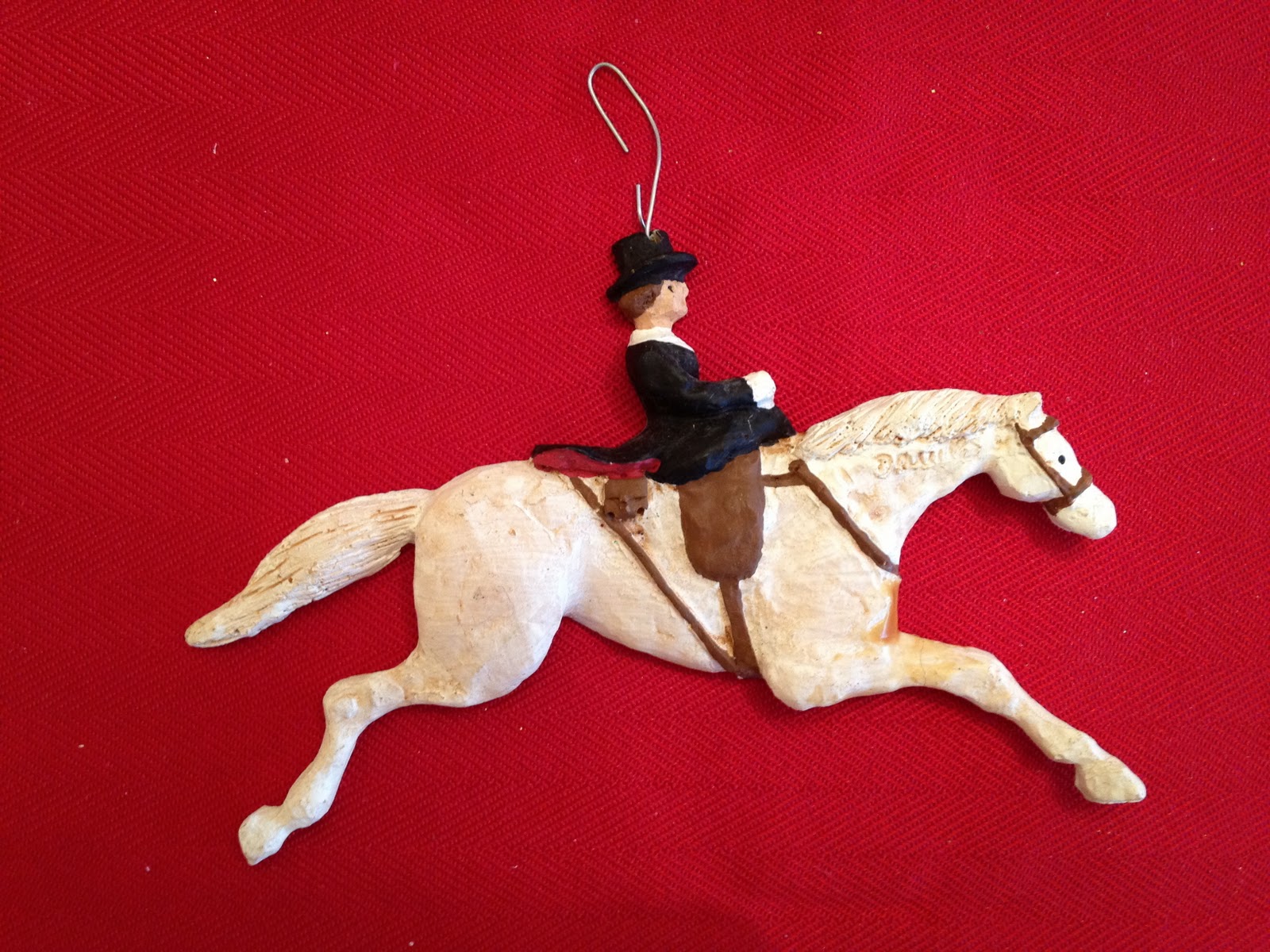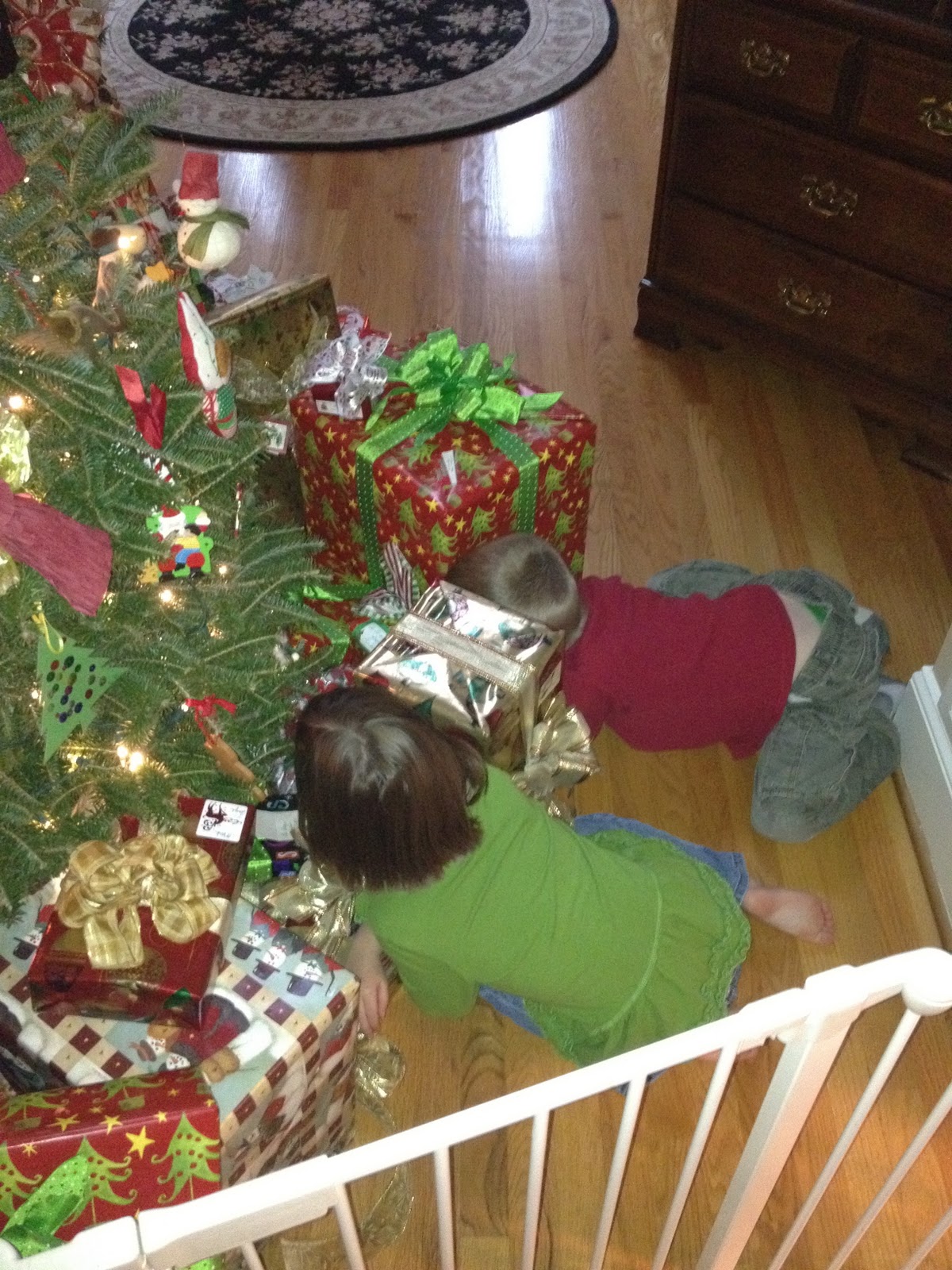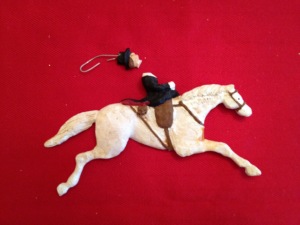I was always meant to be Joseph’s. What better sign than being born with his name tattooed onto my leathery skin? From boyhood, I was his constant companion, sitting on shelf after shelf until we arrived here at our permanent home, this cabin on the lake. Here he brought his wife, and inside my pages, joined her name to his. With each baby, with each marriage, with each death, I was inked again. Bearing witness.
When he took me to the porch each morning, I absorbed the oils from his fingers and the salt of his sorrows, and in return he took peace from my pages. From his lap I watched his lips move over my stories; his calloused hands carefully turning pages that crinkled like flakes of croissants. He paused to sip his coffee, staring out at the early morning fog on the lake. And he talked to God, and to me, like we were old friends.
We put the children to bed together every night with a story. Tiny Elizabeth, all dimpled cheeks and giggles, and her older brother David, literal to a fault, asking his father why the family hadn’t given away their money since Jesus said it’s easier for a camel to pass through the eye of a needle than for a rich man to enter heaven? Why were they living here at the lake when God called them to feed his sheep? There weren’t even any sheep at the lake. And why did they pray for the troops when Jesus said to love your enemies and bless those who curse you? David went on like this every night until Joseph finally said “Enough, now. Goodnight.”
David came to me often, restless, looking for answers in the place his father found his. But I had none for him. I watched from the table on the porch as he tried to find peace in pill bottles and vodka, and Joseph’s tears and raspy voice told me what I already knew about the rest of David’s life.
And then one day Joseph inscribed the details of David’s marriage along with the rest.
When David came to visit, to record the birth of his son in his own hand, his touch was foreign on my pages. And though they were soft, those hands were not gentle. He prayed over my pages and shocked me with his transgressions. Married just a year, but lost as ever.
When I couldn’t yield the answers he wanted, the rationalization for his decisions, the forgiveness for his sin, he slammed me down and ripped out a page of Matthew.
And then I heard him, down at the woodpile, and realized what page he had taken.
“And if your hand causes you to sin, cut it off and throw it away. It is better for you to lose one part of your body than for your whole body to be thrown into hell.”
Screams.
Sirens.
Then silence.
So together, David, Joseph, and I were all ripped into pieces.
But Joseph has come back to me. We are broken, torn; but we are together, even as the fresh ink scars both of us, and his tears run down my pages as if they are my own.
***This piece is for the online writers’ group Write on Edge (formerly the Red Dress Club).
The prompt was for memoir, but I ended up writing fiction. I welcome all constructive criticism.
The prompt: Do objects have a memory? Does a rocking chair hold the essence of the snuggles it has witnessed? Does a pottery mug remember the comforting warmth it offered a struggling soul? The dictionary defines personification as “the attribution of a personal nature or human characteristics to something nonhuman, or the representation of an abstract quality in human form.” Tell a piece of your story from the point of view of an object who bore witness in 400 words or less.



